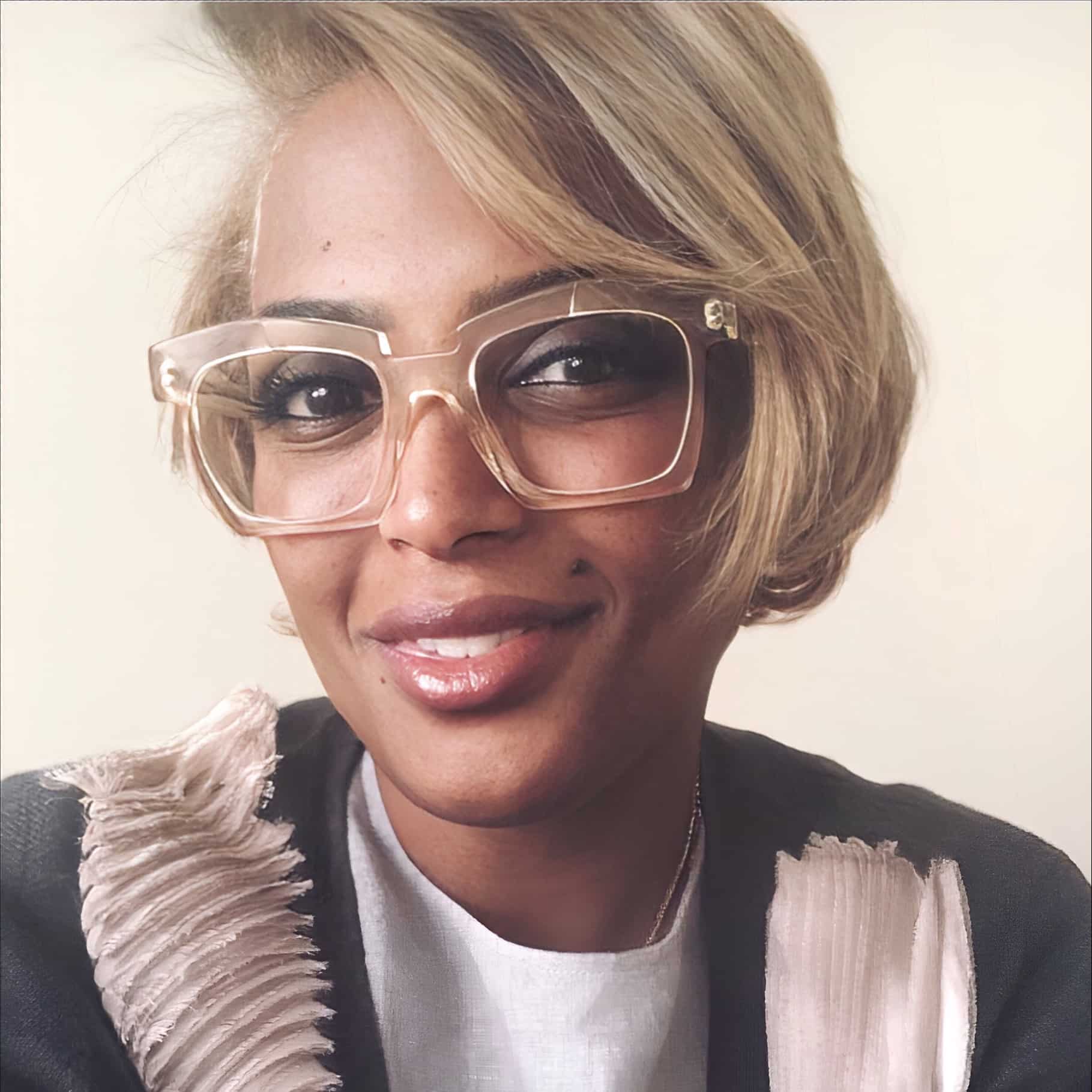Posted on: 22.12.2023
MENA Leadership Lessons with… Dahlia Mahmoud, Professor at University of Europe, Dubai Campus
Dahlia Mahmoud is a Professor at the Dubai Campus of the University of Europe. The University specialises in technology, design and business, where Dahlia works with the visual experience design Master’s programme. She talks to us about the changing tides of cultural and creative industries, and the critical role communicators will have in 2024.
This Leadership Lesson is part of an ongoing series exploring the landscape of PR and Communications in MENA – one of the fastest growing regions for brands, businesses and organisations. To read more insights from leaders across the territories, click here.

What are the significant trends you see for 2024?
Authenticity and a human-centred approach to storytelling. Events of the past several years has resulted in a craving for realness. It’s not just about key terms anymore, it’s about the brand impact, the personal impact, and how that comes together in storytelling. So I would say that’s probably the area of focus, at least within educational institutions, and in working with media professionals across PR and communications.
Tell us about some of the focus areas for growth in the UAE.
Of course I’ll say the cultural and creative industry – but not just because I’m deeply invested, or from an academic or policy perspective, but those of us living here have seen a massive growth. I’m seeing support from organisations and bodies that aren’t traditionally engaged with this field, and not just in Dubai but in Qatar, Kuwait and notably KSA. So I would say this will grow.
What kinds of changes are you anticipating within the industry, and what are some of the reasons behind that?
A lot more focus on applied education, where we’re working with lived cases. Students will look beyond internships for even more opportunities to develop and grow their careers, rather than just individual pointers.
What that means is that we’re going to start to see professionals come into academia as guest lecturers or experts. Projects are going to have a stronger case for research, since younger researchers will want to do the work and make sure it has an impact on global matters. I am hoping that that’s what’s going to start to happen more effectively over the next year as we start to look at skill rather than just theory.
How can leaders take advantage of that transition?
Reaching out to academic institutions that are going through transformations. I’d suggest about 60% of academic institutions in the region are currently going through some sort of transformation, whether it’s digital or strategic, and changing how they approach their programmes and teaching.
The industry should play an active role, not just by advising on boards once a year or twice a year, but looking at the curricula, projects, and how we can engage this force we have in our youth and future thinkers to make change sustainable.
How do you think AI will impact the comms industry?
It streamlines your work. It provides a wealth of aggregated data that some professionals may otherwise not have access to. How fast you want to move as a communicator will determine how you use AI, and how you then choose to execute the knowledge it brings will set the pace for how you’ll move forward.
That being said, there are still areas we have to be careful of, especially IP. Whether it’s an image or sound or stories, looking at where a piece of information has come from and the authenticity of it is crucial. But it’s not something to be fearful of. We need to roll up our sleeves and get into the tech.
Why do you think DEI is so critical as communicators?
I think it stems from the fact that we need to know where our information is coming from, and to feel not only like we’re represented in that, but that it also represents us. How we receive information is largely determined by our background and needs and wants, and I think that directly affects the decisions of leaders of large scale corporations.
Moving into the next two, three years, transparency is going to play a huge role. We’re not looking at headlines and moving on, we’re looking more in-depth at the real action brands are taking and communicators are intrinsic to relaying those stories.
Are you optimistic about 2024?
I am. There are a lot of serious discussions happening right now on sustainable trade, and what that means for the cultural and creative industries. The role of heritage and knowledge towards a more sustainable future is so key, and something I expect we’ll hear more about in the coming years, especially in 2024. I think that we’re going to have some impactful moments in our field. And you hopefully gain the financial returns to drive action and inspire future generations to keep going.
To speak to us about finding skilled, quality talent for your MENA business or offices, contact us today.

 enquiries@hansonsearch.com
enquiries@hansonsearch.com